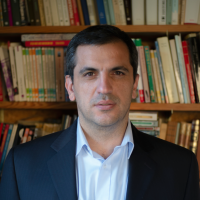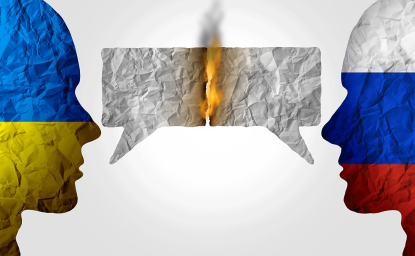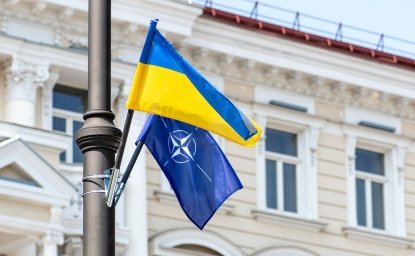The Latest
A series of deadly explosions in Lebanon on back-to-back days has killed nearly 40 and injured thousands more, including children, an Iranian diplomat, and members of Hezbollah. The explosions of electronic devices, triggered remotely, happened almost simultaneously across the country. Hezbollah has blamed Israel for the attacks, but Israel has not yet commented. The AP reports that: “An American official, who spoke on the condition of anonymity, said Israel briefed the US on the operation — where small amounts of explosives hidden in the pagers were detonated.” The incident has increased fears of escalation between Israel and Hezbollah, further complicating an already tense situation.
Wilson Center Global Fellow Joe Macaron provides analysis of the impact of the attacks. He describes PM Netanyahu’s shift in focus away from Gaza to the Lebanese border and the impact this latest development could have on Israel-Hamas ceasefire negotiations.
Transcript of Video
-
Lebanon Rocked by Surprise Attack Utilizing Exploding Walkie-Talkies and Pagers
Guest


Middle East Program
The Wilson Center’s Middle East Program serves as a crucial resource for the policymaking community and beyond, providing analyses and research that helps inform US foreign policymaking, stimulates public debate, and expands knowledge about issues in the wider Middle East and North Africa (MENA) region. Read more

Explore More
Browse Insights & Analysis
The OSCE is a Good Value for America






